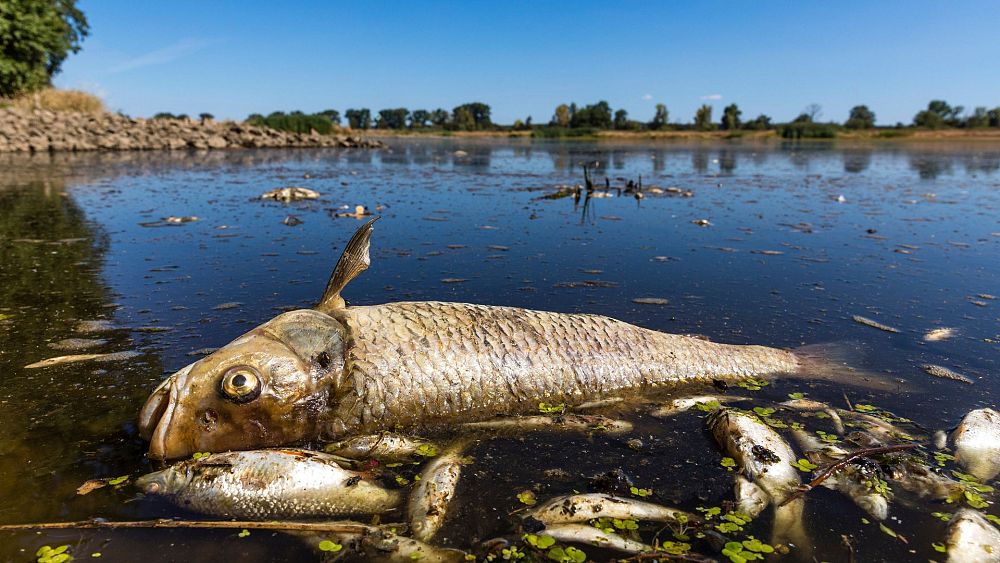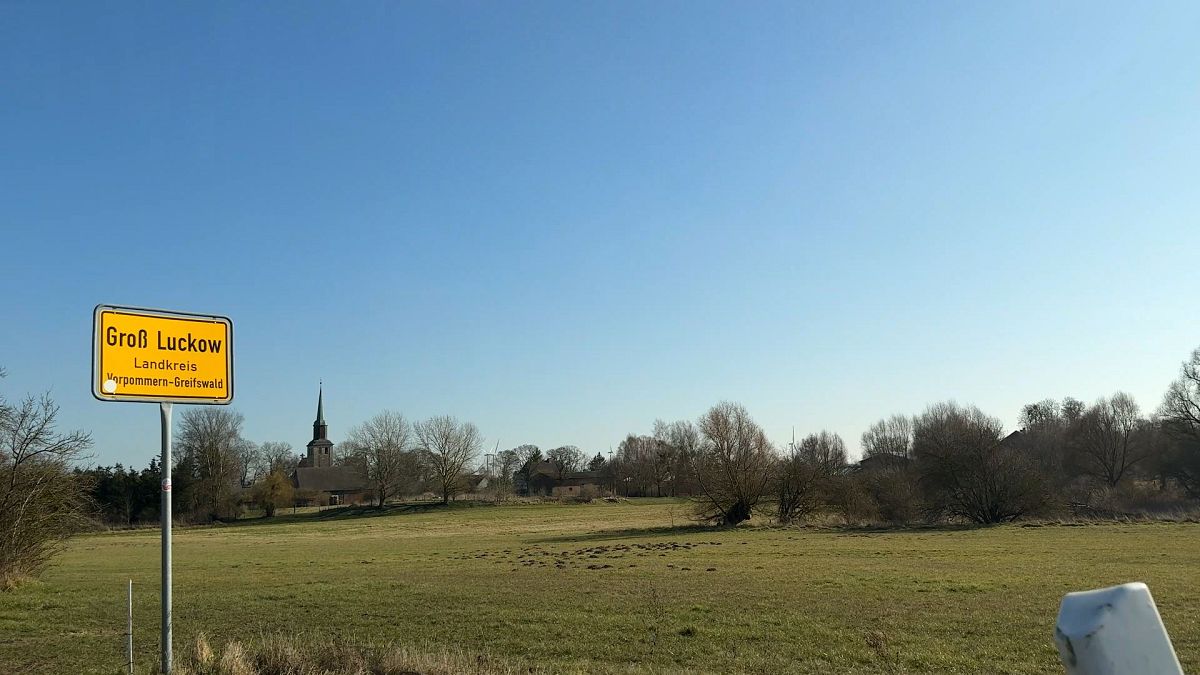Greenpeace blame 2022 Oder river poisoning on mining

Greenpeace have blamed wastewater discharge from coal mines for the mass die-off of thousands of fish in the Oder River last year.
The August 2022 environmental disaster saw 300 tonnes of dead fish recovered from the waterway, which runs along the Polish-German border.
Polish authorities blamed the incident on a bloom of toxic golden algae, which thrives in highly salty water and in hot temperatures.
Today, environmental campaign group Greenpeace blamed the river’s elevated salinity levels on wastewater discharges from Poland’s coal mines.
“Our hypothesis is that the source of the high salinity levels are most probably brine waters pumped from Upper Silesia into the Oder and the Vistula,” said the author of the tests and a Greenpeace expert, Leszek Pazderski of Nicolaus Copernicus University in Torun.
What caused the Oder River fish die-off?
Golden algae (Prymnesium parvum) is made up of rare and invasive microorganisms that usually bloom in brackish waters where rivers meet the sea.
It is rare for the algal species to spread inland. But high salinity levels can lead to abnormal blooms hundreds of kilometres from the sea.
If highly salty water is pumped into Poland’s rivers, similar die-offs could happen in future, Greenpeace warned – not only in the Oder, but in the Vistula, Poland’s longest river.
How can we prevent fish die-offs?
The government and the coal mining industry don’t take immediate steps to counter the problem, Greenpeace warned.
The group presented results from their salinity levels tests in the Oder and Vistula Rivers that showed that the levels shot up, sometimes off the scale, after the rivers’ waters travel through Poland’s southern coal mining region of Silesia.
Greenpeace called on the government to establish a national park reserve on parts of the Oder to protect it from industrial contamination and to introduce much more restrictive discharge regulations. Filtering wastewater could also help counter the problem.
The Greenpeace analysis aligns with an investigation published by European Union experts last month.
Their report concluded that the discharge of industrial wastewater with high salt content was at least partly responsible for the event, which they described as one of the “largest ecological disasters in recent European river history.”
Last year, Poland’s government insisted that all regulations had been observed and blamed the disaster on high temperatures and drought, which drastically brought river water levels down, further increasing salination.
Source: Euro News















